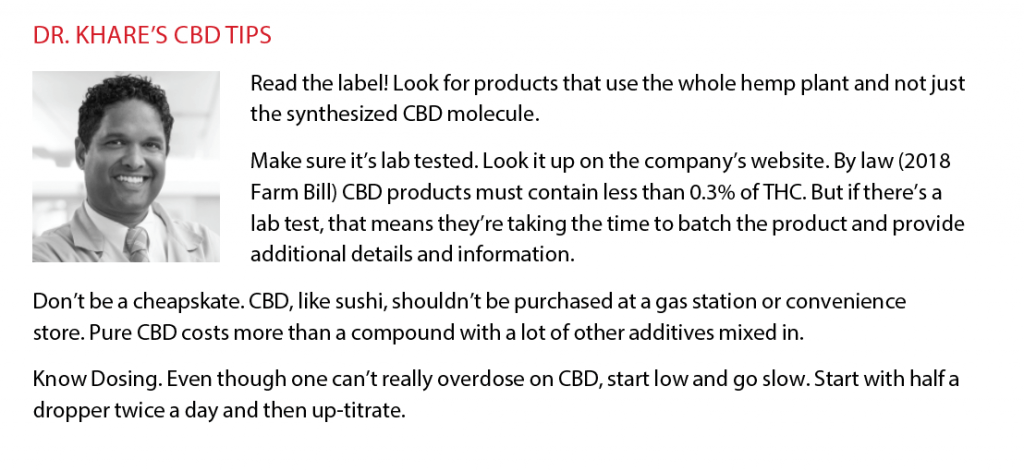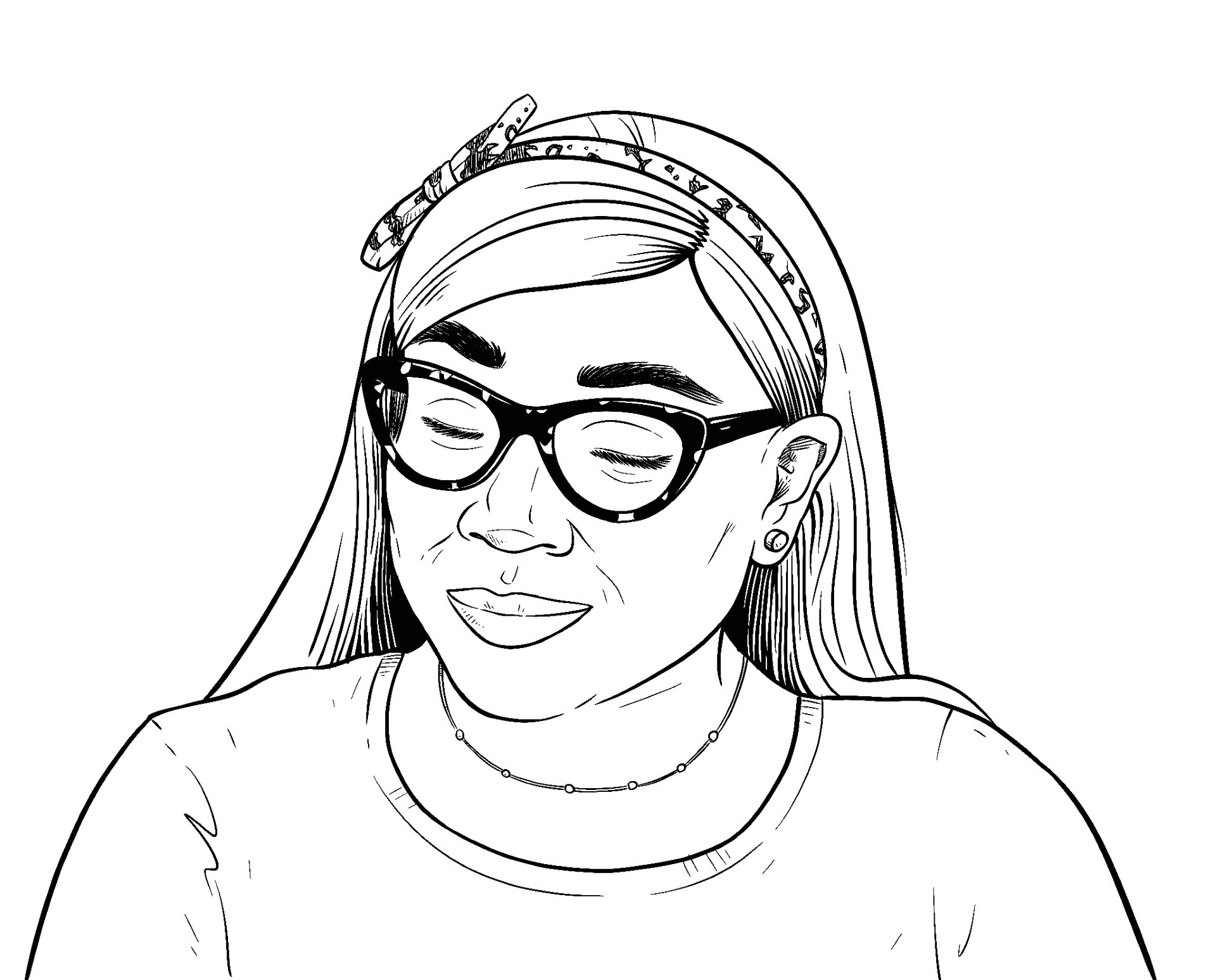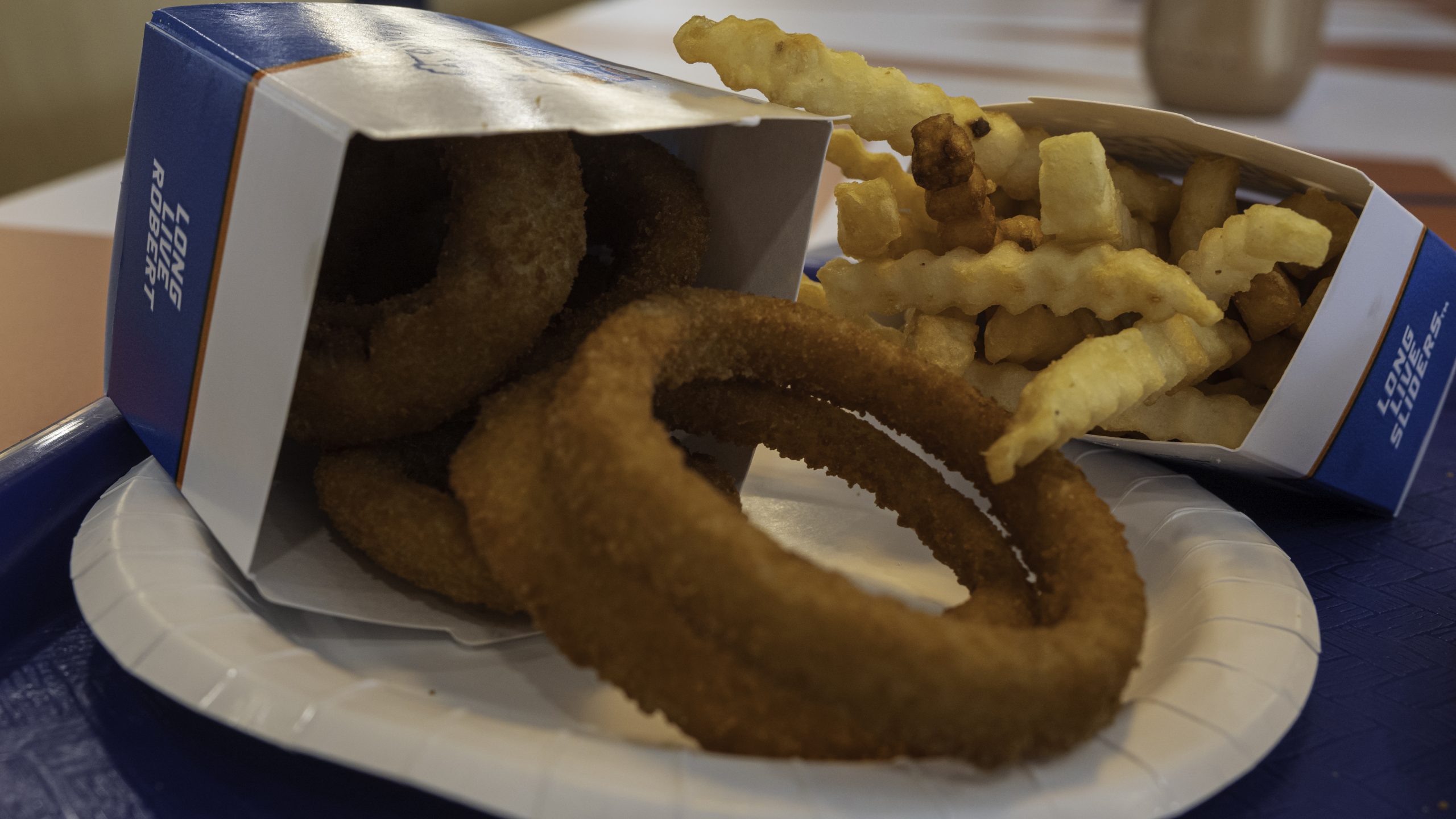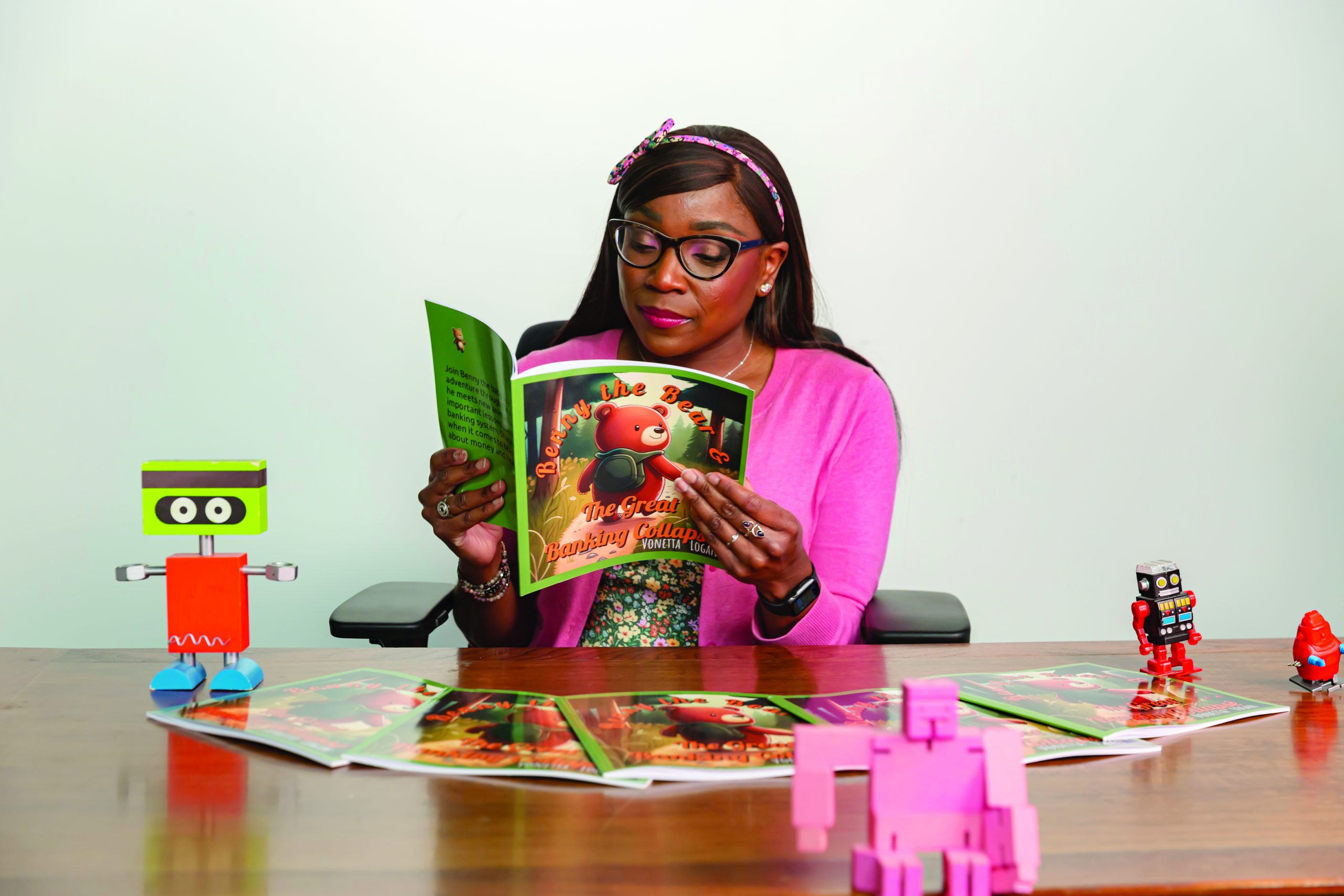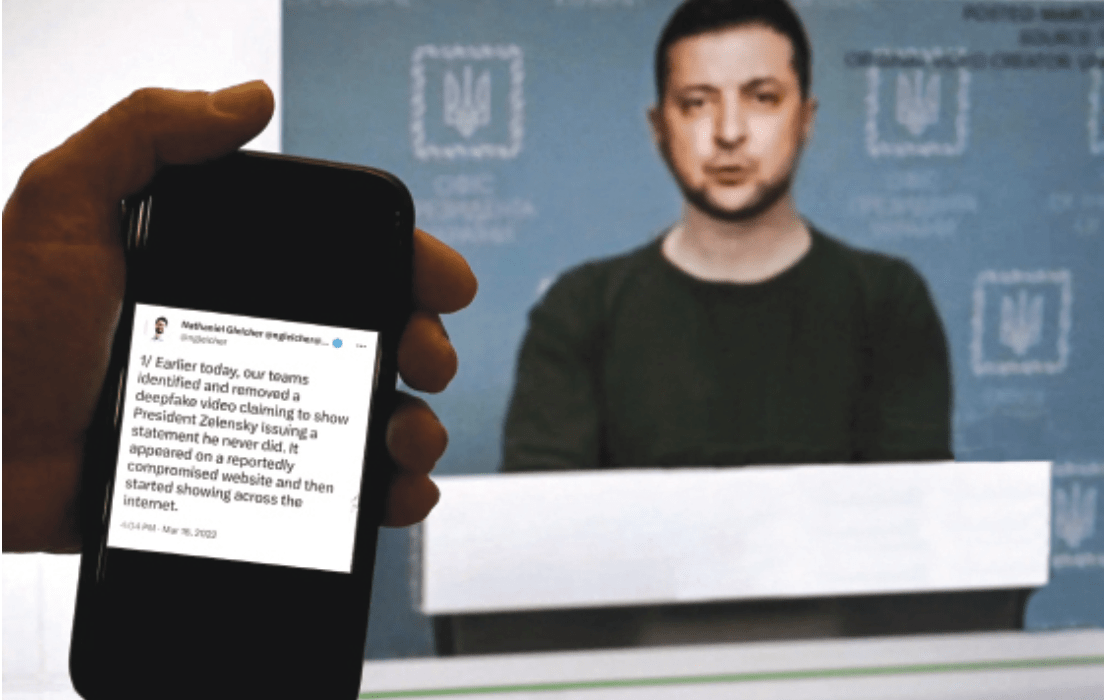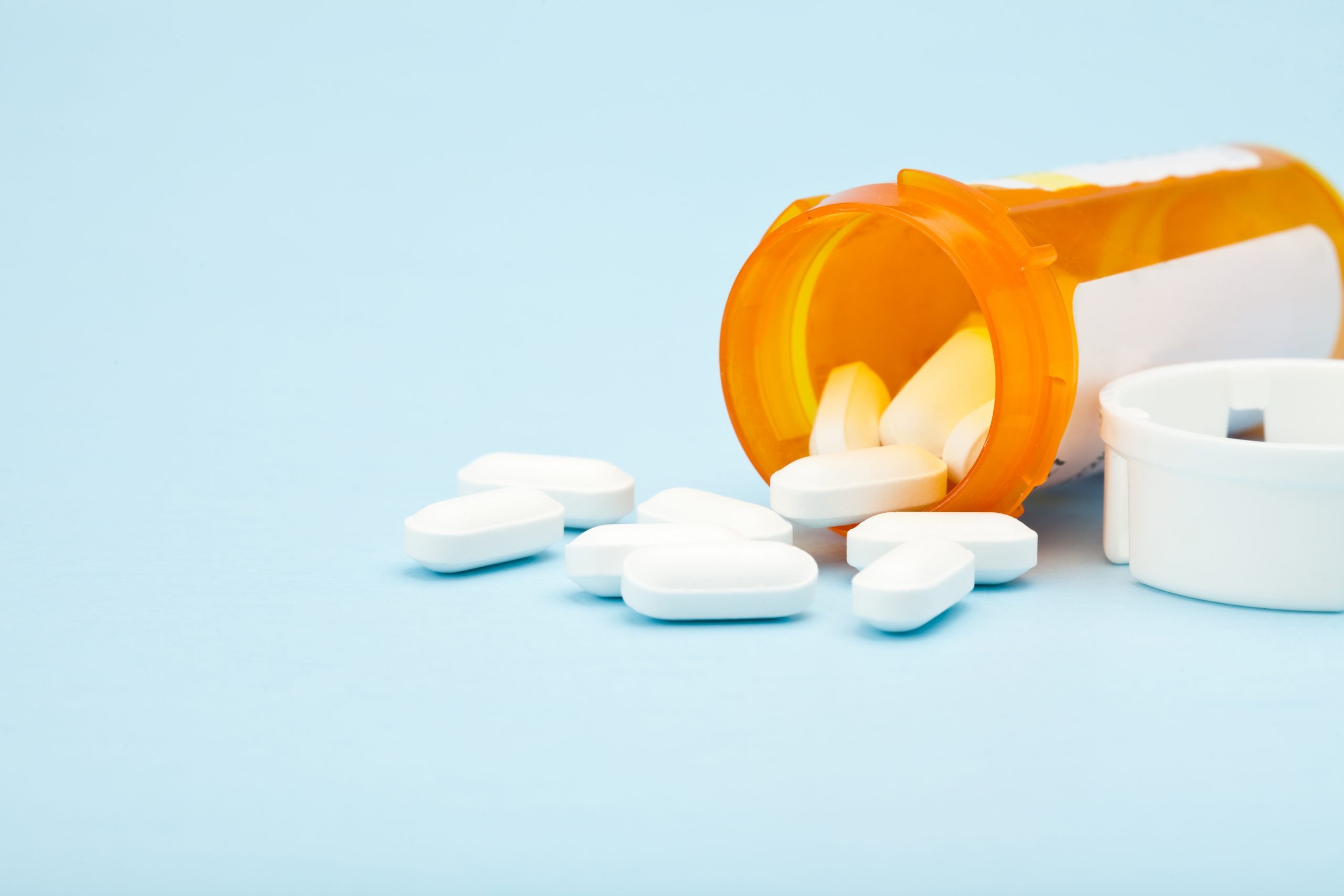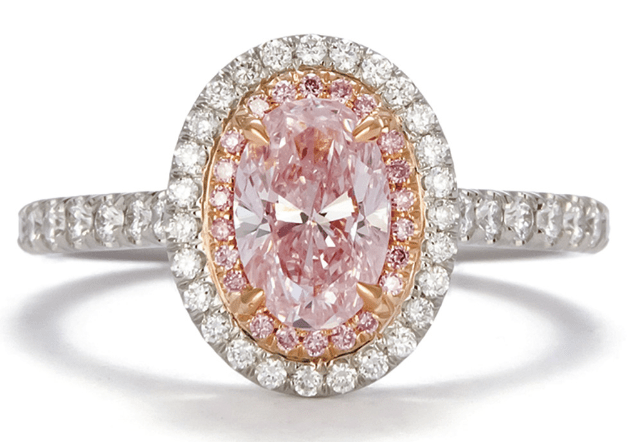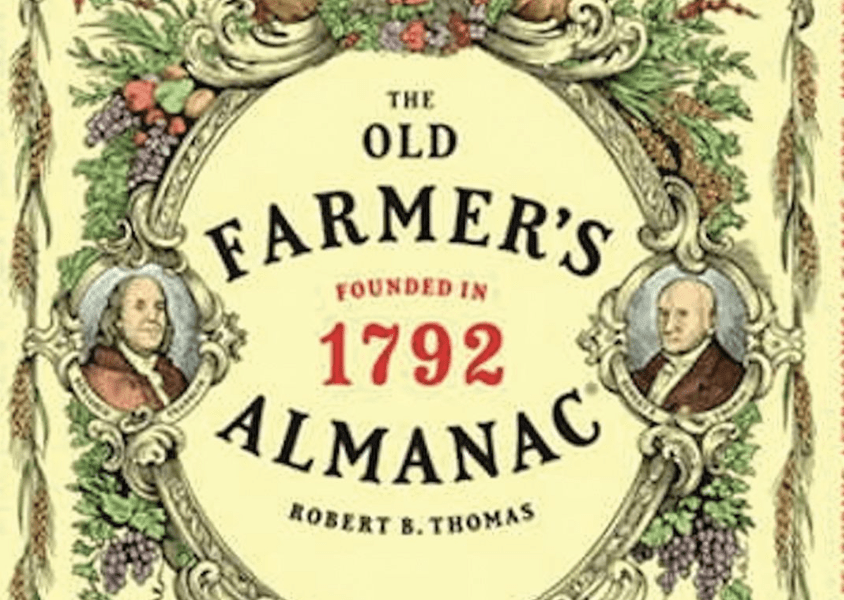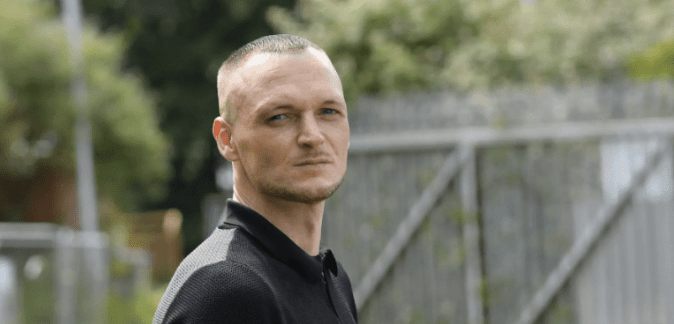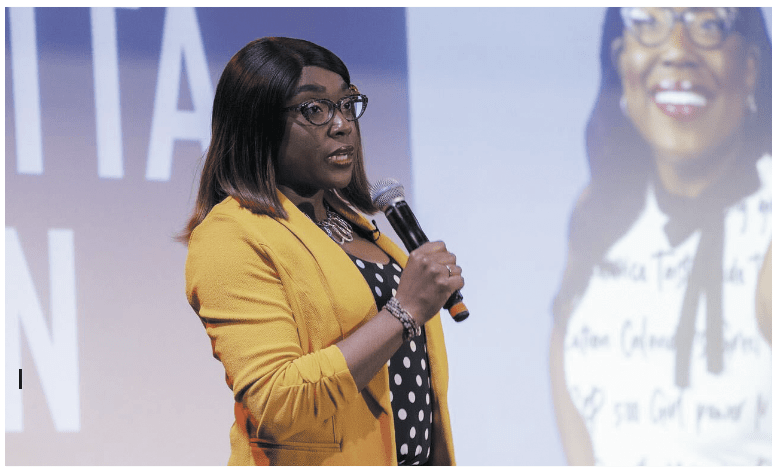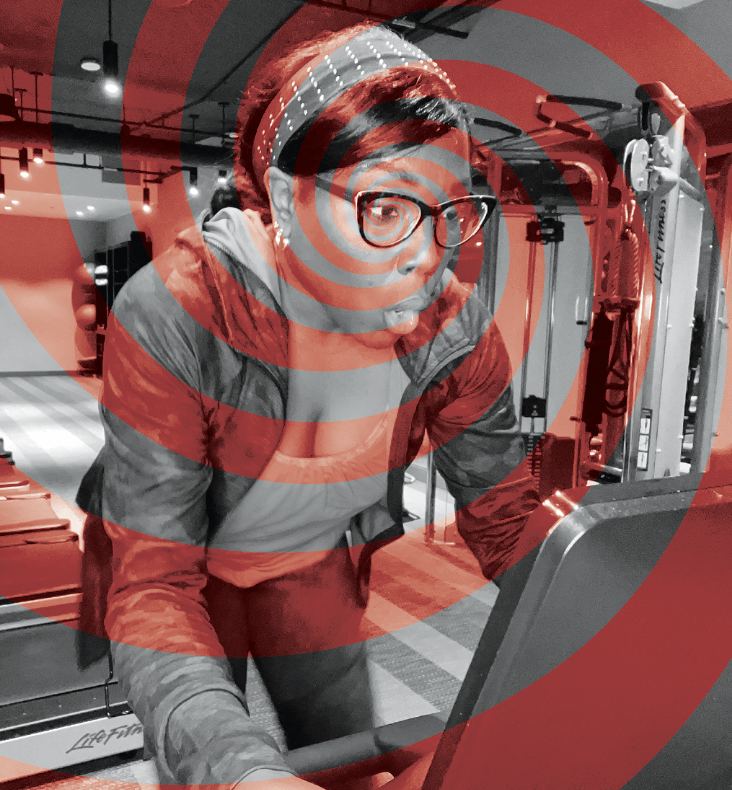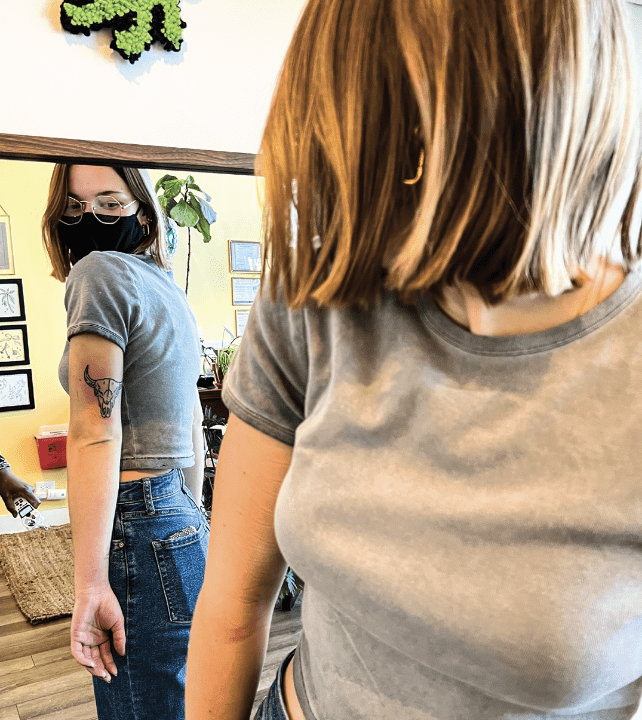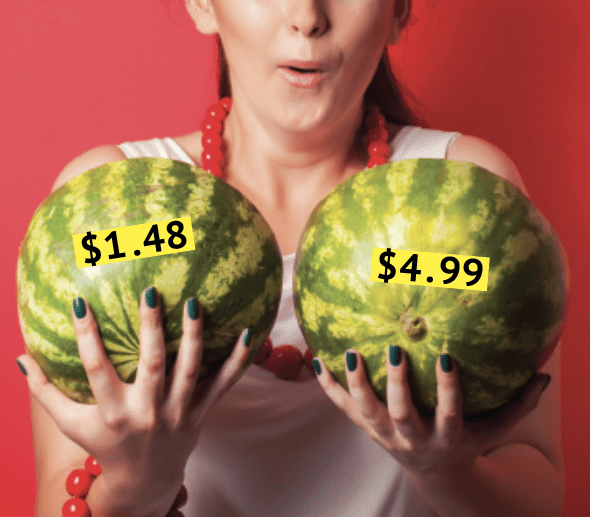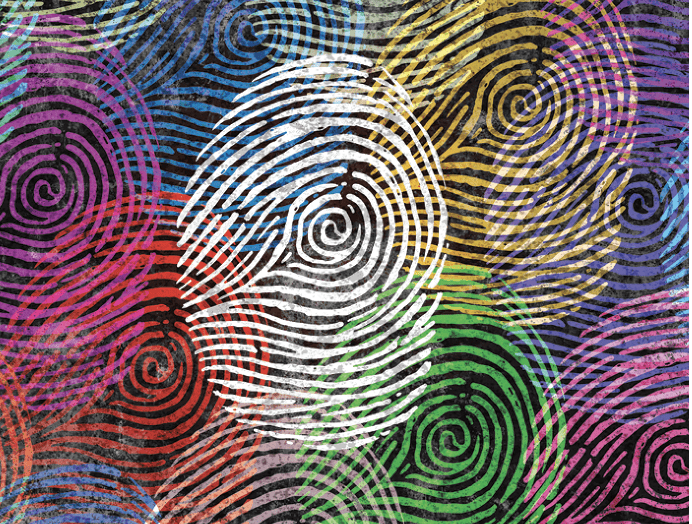CBD: Placebo or Panacea?
It’s been a while since a trend has whipped the zeitgeist into more of a frenzy than CBD has managed. Keto came close, there was that whole grapefruit diet fad and there were the “fat-free” potato chips whose only side effect was explosive diarrhea. If there were a shortcut to wellness, or a one-size-fits-all pill, Americans would crave it. Some still miss Fen-Phen. Heart attacks, schmart attacks! Look at how small my thighs are!
It was hard to get a good response to a poll at the luckbox offices about who’s tried CBD. “What are you, a narc?” “If you’re a cop you have to tell me…” “I smoked at Lilith Fair once, does that count?” OK, so let’s look at the stats. “The Brightfield Group, a cannabis research firm, estimates that hemp-derived CBD sales could hit $22 billion by 2022.” This is from The Complete Guide to CBD, which is on the rack at grocery stores. See? Zeitgeist. It was next to US Weekly.
But what, exactly, is CBD? CBD, or cannabidiol, is simply one of about a hundred molecules found in hemp and cannabis plants. CBD is the nerdy “non-intoxicating” little bro molecule to THC’s cooler older bro molecule that’s known for its “high.” Anecdotally, CBD can help with almost every ailment from insomnia to chronic pain to anxiety.
“So far, messages of CBD’s purported health benefits come from people trying to sell CBD products—not from scientists—and a gaping chasm separates the surging CBD market and the scientific evidence backing it,” says Margaret Haney, a neurobiologist who directs the Marijuana Research Laboratory at Columbia University.
Illinois, home to luckbox (we tried to set up in the Grand Cayman for “tax purposes” but…), has become the 11th state to legalize cannabis for medical and recreational use by adults. And a recent survey shows public sentiment has shifted, with as many as 60% of adults favoring legalization of cannabis at the federal level. So luckbox reached out to a local physician, Dr. Rahul Khare, who runs Innovative Wellness in Chicago’s Lincoln Park neighborhood, to get his take on CBD and its benefits and myths. (See pg. 30 for more from Khare.)
Khare said in an interview that for decades doctors were trained to steer patients away from marijuana. “You need to get off. It’s illegal. There are no health benefits,” was the standard litany, he recalls. But that changed. “All of a sudden, three-and-a-half years ago, it’s like, ‘Oh, it’s legal (medically in Illinois), and it has all these health benefits,’ and the doctors are like, ‘Wait, what?’”
Khare attributes the disconnect to the lack of a network that would provide information to physicians. “We just haven’t gotten the training,” he says. “There’s not a beautiful drug rep coming into my office. That’s how physicians learn. We’re marketed to. It’s nuts.”
Anyone know what a buxom drug rep bearing baked goods could “educate” physicians about? Opioids. “We have an issue with opiate over-prescription…so it’s time to acknowledge that and change our prescribing habits,” Khare maintains. “Now we have high-CBD-content cannabis. We have alternatives, which we really haven’t had for a long time. It used to be ibuprofen and Tylenol. Now there’s something stronger—there’s cannabis. It’s changing the way we’re dealing with pain management.”
Marijuana is considered a Schedule 1 drug, which makes it difficult to conduct clinical research into its ability to help patients. According to an article in the March edition of Science News, “Scientists still don’t know all of the targets CBD hits in the human body, nor what effects it may have—if any. Much of the existing research was done with cells in the lab or in lab animals, with results that don’t necessarily translate to people.”
Khare pushes back on this assertion and emphasizes that mankind has been using cannabis for thousands of years. Even if someone is experimenting with it to cure her own issues the risk of side effects is low.
He says he sees the best results in his patients when he uses both CBD and small amounts of tetrahydrocannabinol (THC). “They work synergistically. We call it the entourage effect,” he notes. “With the entourage effect, you’d rather get the whole plant rather than just the CBD isolate.”
A personal CBD journey
In April 2018, it sounded like fun to learn to ride my motorcycle off-road. It was! I handled hill climbs and single-track tight turns like a motocross champ until my motorcycle took an unscheduled “dirt nap” on my leg.
It shattered my tibia and fibula, and I got 12 screws and a steel plate in my leg as a souvenir. I was sent home with a goodie bag of Norco (Hydrocodone-Acetaminophen), which is tylenol and Hydrocodone—for when you really wanna party.
I started rehab and physical therapy but wasn’t progressing and was still in a lot of pain. Turns out, I had broken three of the hardware screws in my leg. Snapped ‘em real good. I was being good, I swear! So back to surgery I went in September 2018 and home again with another bag of take-home candy, this time norcos and morphine. My orthopedic surgeon took bone from my hip to implant into my leg for additional support. I donated bone to myself! I don’t need no man!
But the bone graft site from my hip caused terrible post-op nerve pain. Your hip hates it when they take bone from it. But I wanted to get off the drugs, so I tried physical therapy.
Then my dad told me to try CBD. I have been taking it since September and have seen a huge reduction in pain. I use 30 mg of CBD as well as a CBD-based balm, and when I can get it legally, I use 5mg to 10mg of THC.
My quality of life is better because I can continue to do my strengthening exercises, and I sleep like a champ! And as of April I’m back on my motorcycle. What works for me won’t work for everyone, but I’m happy to be off opiates.
—Vonetta Logan
Khare has seen firsthand the anti-inflammatory benefits of CBD in his own practice. He says treating chronic pain definitely ranks as the No. 1 benefit. “CBD is anti-inflammatory, but not like the way that ibuprofen or prednisone or some of these steroids are,” he says. “Taken over two weeks consistently it will reduce inflammation. It’s very subtle, but it works.”
Meanwhile, others advise a cautious approach. As Anna Symonds, director of CBD Certified, says, “Currently, the Food and Drug Administration is not allowing any CBD product manufacturers to make medical claims.”
But whatever the experts think, CBD mania is taking hold. Everyone from dogs to grandmas is singing its praises. According to The Complete Guide to CBD, “Sales of CBD-infused gummy candies increased 925% between 2017 and 2018, while the market for CBD-loaded chocolates shot up by 530%.”
With 60% of Americans experiencing chronic problems with falling asleep, CBD may come to the rescue again, Khare continues. “I tell my patients all the time—if your issue is not being able to fall asleep because of racing thoughts, then two or three puffs of a pen or smoking it or a tincture of cannabis with THC and CBD will get you to sleep.” Take two puffs and call me in the morning? Best. Doctor. Ever.
But, “because of lax oversight, there’s no telling what’s inside many of those tinctures, oils, rubs and foods for sale online and in stores,” according to Science News.
So where does this leave Americans? Fake Financial News debunks junk. There aren’t enough studies and data to support the use of CBD for pain, sleep or anxiety because for so long no one has been able to study it. And, how does anyone know the CBD online isn’t just shredded Chinese newspapers? Conversely, millions of people are already happily using a broad spectrum of CBD products for pain, sleep and anxiety, including some here at luckbox. So, brave reader, go gently into that CBD night with tips from Dr. Khare.
Vonetta Logan, a writer and comedian, appears daily on the tastytrade network and hosts the Connect the Dots podcast. @vonettalogan
